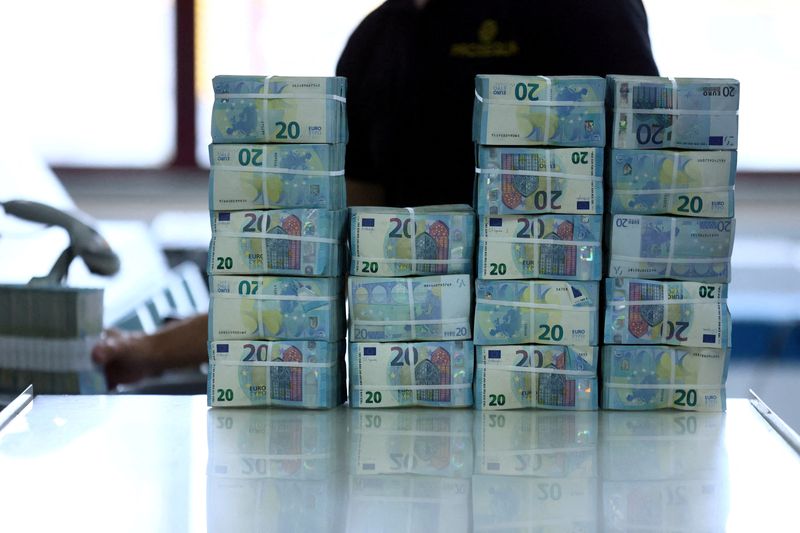U.S. companies with international operations have been increasingly utilizing cross-currency swaps to reduce their debt funding costs, Reuters reported.
This financial strategy involves exchanging loan principal and interest payments from dollars to euros, capitalizing on the lower interest rates available in the eurozone compared to the United States. Bankers and corporate advisers anticipate this trend to continue, especially if the Federal Reserve maintains its current stance on interest rates and other central banks follow suit.
The demand for these swaps has been growing as the interest rate differential between the U.S. and other major economies widens. John Wahr, from U.S. Bank’s derivative products group, noted a rise in both new transactions and restructurings of existing hedges, particularly from U.S. dollars to euros.
This strategy is often employed as a hedge against volatility and to protect against potential macroeconomic impacts, such as those from President Donald Trump’s trade policies and tariffs.
According to Clarus (NASDAQ: CLAR) data, the volume of monthly EUR/USD cross-currency swaps increased by 7% in January 2025 to $266 billion, compared to the same period in 2024. These swaps allow companies to convert their dollar interest payments into euros, potentially saving nearly 200 basis points on interest costs, which can translate to millions in savings, as explained by Jackie Bowie of Chatham Financial.
The euro’s decline to a more than two-year low against the dollar at the beginning of 2025 has made these swaps even more profitable. Amol Dhargalkar from Chatham mentioned that companies began restructuring their swaps earlier this year to capitalize on this trend. The profits generated from these swaps have been used for various corporate purposes, including debt repayment.
Despite the benefits, companies remain cautious of the risks associated with creating derivative foreign exchange exposures. Marc Fratepietro of Deutsche Bank (ETR: DBKGn) and Eric Merlis of Citizens in Boston both highlighted the potential for mark-to-market losses if the underlying foreign currencies strengthen against the dollar.
Nevertheless, the current market conditions provide an attractive opportunity for companies to hedge against interest rates and currency fluctuations.
Recent market movements, such as the rise in eurozone government bond yields to a two-week high amid geopolitical tensions and European Central Bank comments, underscore the fragile nature of these financial strategies. However, the current uncertainty regarding the Fed’s and ECB’s next moves is seen by some, like Merlis, as an opportunity for clients to hedge against broader macroeconomic uncertainties.



